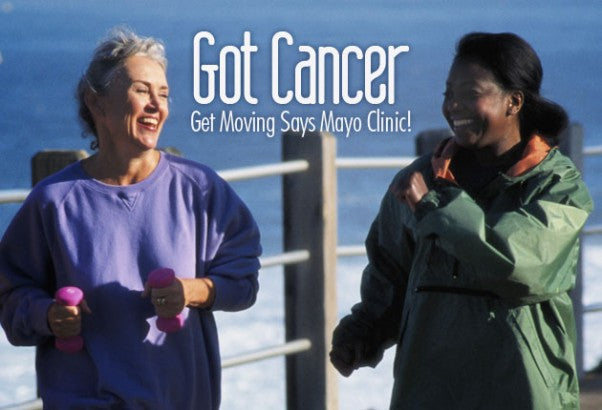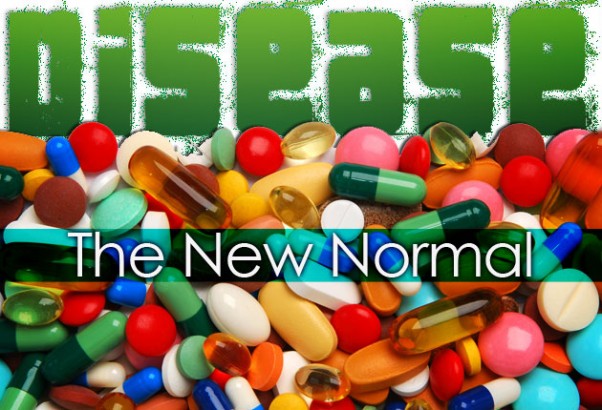How many people do you know who are on at least one medication? Or two? Or three? Maybe more?
How many people do you know who are not on any medication at all? No Lipitor, no prednisone, not even over-the-counter allergy meds or an aspirin a day. How many people do you know who don’t even use acetaminophen or ibuprofen for a headache?
It’s difficult to think of someone, isn’t it?
Medication has become the norm in our society. Nearly everyone has at least a bottle of headache medicine in their bathroom, not to mention a collection of prescription meds from their doctor.
But medicine is not the problem. The problem is what the medicine indicates: that nearly everyone in our society is fighting disease of some kind. Indeed, disease has become “the new normal.”
That’s not to say that disease did not occur in previous generations.
In fact, recent Egyptian mummy research shows that heart disease existed more than 3,000 years ago. The researchers said that, though not as prevalent as today, “the common assumption that atherosclerosis is strictly a modern disease … is not true.”
The ways in which historical cultures treated their problems, however, differs very much from today. At least they treated their ailments with natural medicines that worked in harmony with the body to promote self-healing. Every culture in history has had its repertoire of plants and herbs that God provided to take care of their particular ailments.
In today’s world, where packaged food and industrialized agriculture reign king, we are forced to consider whether disease is society’s own fault. Packaged and otherwise denatured food certainly doesn’t promote quality of life and health; Hippocrates — the father of medicine who said "let food be thy medicine, and medicine be thy food" — would be appalled!
But it’s not just the food, it’s our environment, stressful jobs, abandonment of rural society, and so on.
Some are catching on and reversing these trends. Urban mini-farms are springing up in places as unlikely as Los Angeles, and celebrities are jumping on the health bandwagon, too.
Still, with all the publicity, blogs, and documentaries, being healthy and medication-free is not the norm, which begs the question, “what is normal?”
When those on The Hallelujah Diet get a blood test, for example, our “normal” is not everyone else’s. Doctors may tell us that we have a low white blood cell count. But the doctors’ standard of “low” is based upon the number of white blood cells that everyone else needs to fight chronic inflammation.
If you’re not fighting chronic inflammation like everyone else is, there’s no need to have a high number of white blood cells, so your body reduces the number.
It doesn’t mean that you’re the one who’s abnormal; you’re actually one of the few “normal” ones (according to the way God intended our bodies to work) in a very abnormal world with abnormal standards of “normal,” if you will.
It's not normal to be sick — but the world has been conditioned to think so!
In fact, sickness is so prevalent that one of Hallelujah Acres’ first slogans was “you don’t have to be sick.” The sad fact, however, is that no one thinks they are sick. Unless they have been diagnosed with cancer or have a heart attack, everyone goes on living with high white blood cells counts and “just a little blood pressure medication” thinking that everything is fine.
It’s not fine. It’s not normal.
A wise man once said “if you’re in the minority, you’re probably doing something right.” So, when others consider you abnormal for being on that crazy Hallelujah Diet and you’re the only one in your circle of friends with a slow heart rate, low blood pressure, and no prescription bottles, don’t worry. It’s normal.
Health News #73 - Online Bonus Content:
Continue reading

Got Cancer? Get Moving Says Mayo Clinic!
Got Cancer? Get Moving Says Mayo Clinic!
Some people assume that a person with cancer sh...





